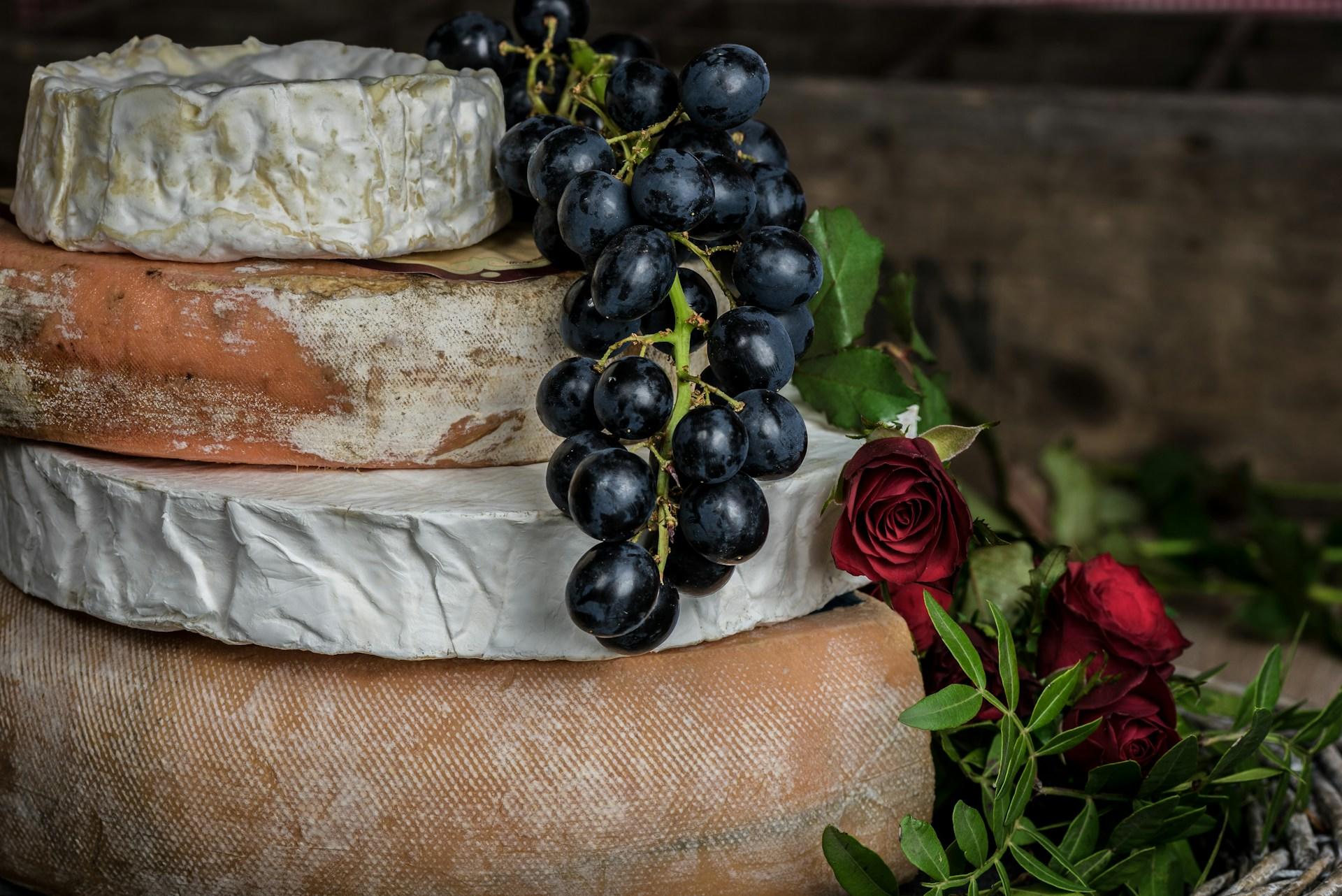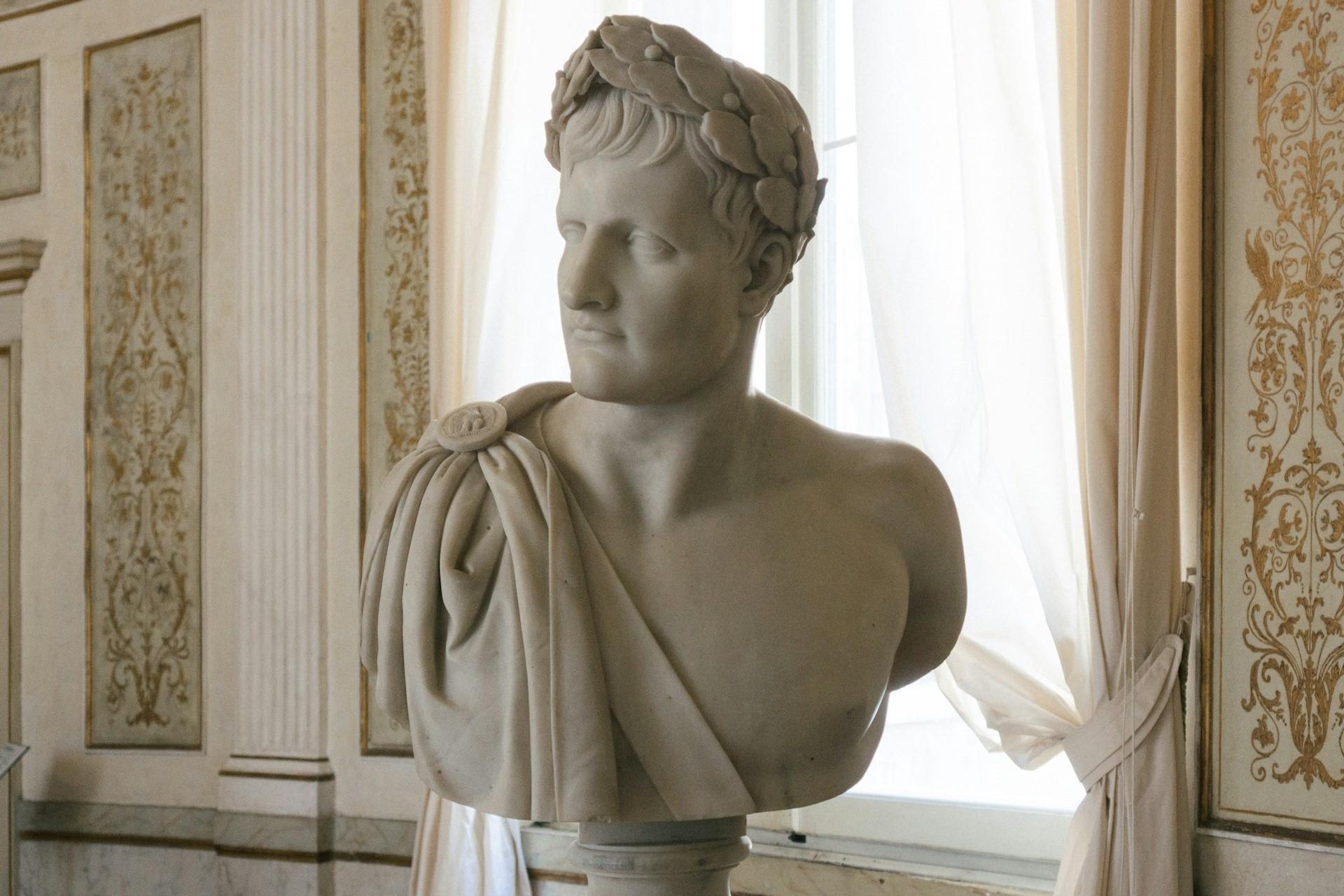French is undeniably beautiful on its own, but it becomes even more captivating when infused with its rich tapestry of idiomatic expressions and sayings. Delve into some of our cherished French idioms and learn how to seamlessly incorporate them into your conversations. The best part? Many of these expressions can be learned verbatim, allowing you to effortlessly spice up your French dialogue.

Avoir le coup de foudre - Love at first sight
We've put our expressions into alphabetical order (so it might be worth learning the alphabet in French), which means we'll start with "avoir le coup de foudre". This expression literally means "to have a thunderbolt" or to "have been struck by lightning". A bit violent-sounding for most English speakers, but most of us know just how powerful love at first sight can feel.
You can conjugate this expression using the “avoir” to indicate whether it's love at first sight, was love at first sight, or even if it would have been love at first sight.
Avoir les yeux plus gros que le ventre – Your eyes are bigger than your stomach/belly
This French idiomatic expression is the same as the English. "To have eyes bigger than your belly" is the classic situation of thinking you can eat more than you actually can.
This situation can quickly occur with all the fantastic food in France. Fortunately, France is usually better for portion size than many other countries worldwide. French culture tends to favour good food over eating insane amounts of it!
Perfect your pronunciation with a French course Sydney here on Superprof!
Avoir une araignée au plafond – To have a screw loose
This expression literally means "to have a spider on the ceiling", but it's used in the same way as "having a screw loose", being a bit mad or weird.
There are plenty of expressions in both French and English to express this idea, but this is definitely one of our favourites.
Battre le fer pendant qu'il est chaud - Strike the iron while it is hot
Here's another French expression that's precisely the same as its English counterpart and likely came from the same roots.
Most languages end up with very similar idiomatic expressions from closely related cultures, especially two with a history of blacksmithing.
It means it's best to do something when you have a good chance of success.
Ce n'est pas la mer à boire - It's not difficult
You could translate this as "It's not drinking the sea." The expression indicates that something is difficult, using the example of drinking the sea as a difficult activity.
Even drinking a mouthful of the sea isn't easy or wise, but if you learn the French words for days and months, you can at least know when the best time to visit the sea is.

Comme on fait son lit, on se couche - You've made your bed, now lie in it
While French's grammatical structure slightly differs from the English equivalent, this expression essentially means "you've made your bed, now lie in it".
Suppose you're not familiar with the expression in English. In that case, it means you must live with the consequences of your actions.
Courir sur le haricot - To get on someone’s nerves
The French have an expression that literally means getting on somebody's nerves, but we prefer this culinary version.
"To be running on the bean" means you're annoying somebody in French.
It's probably worthwhile learning how to be polite in French so that nobody will have to say this to you.
En faire tout un fromage - To make a big deal about something
It's hard to find a more French expression than this one; "to make a whole cheese out of it" means you've made a big deal out of something.
More accurately, it's used when you've made a big deal out of nothing or of something that's of little consequence.

Faire boule de neige - To get bigger / more important
In English, we use the expression "to snowball", meaning something is getting bigger, more important, or out of control.
The French expression translates literally to mean to make a snowball, but the basic idea is the same.
Il ne faut rien laisser au hasard - Nothing should be left to chance
This is another French and English expression with the same meaning and structure. Almost word for word, it means "nothing must be left to chance" or "you mustn't leave anything to chance."
To make sure that you've understood everything and haven't left anything to chance, we recommend learning French question words so you can ask for clarification in your new language.

Impossible n’est pas français - Impossible isn’t French
This French expression is entirely French. While there are undoubtedly English expressions that echo the same sentiments that something can be done, this one also calls upon a French feeling of national pride and the expression is attributed to Napoleon.

The 2022 right-wing to far-fight presidential candidate Éric Zemmour used "Impossible n'est pas français" as his campaign slogan. However, his presidential campaign was unsuccessful, and the expression is open to all sides of the political spectrum.
L'habit ne fait pas le moine - Don't judge a book by its cover
Even if you're new to basic French vocabulary, you may notice that this expression doesn't have the word for book (livre) anywhere in it.
In the French version of the English expression "don't judge a book by its cover", they say, "The habit doesn't make the monk".

La goutte d’eau qui fait déborder le vase - The last straw / straw that broke the camel's back
While the meaning of this French expression is “the last straw” or “the straw that broke the camel's back”, it actually means “the drop of water that made the vase overflow”.
Les chiens ne font pas des chats - The apple doesn’t fall far from the tree
This tremendous French expression means "the apple doesn't fall far from the tree". However, instead of using an arboreal reference, the French counterpart refers to dogs and cats.
The expression literally means "dogs don't make cats", meaning that somebody is likely to have much in common with their parents.
Mieux vaut tard que jamais - Better late than never
The French expression and its English counterpart are almost identical. Basically, "late is worth more than never"; it's probably better to say this to people who are arriving late than use it as the person who's arriving late.
Ne pas faire d’omelette sans casser des oeufs – To make an omlette, you have to break a few eggs
This expression, which means that sacrifices and hardships are necessary to achieve something, is identical in English and French.
The French and English idioms are almost a direct translation of one another. Still, this culinary expression is owed to the French language, originating in the eighteenth century.
Passer une nuit blanche – Pull an all-nighter / To stay up / awake all night
This idiom, which means "spend a white night," actually translates to choosing to stay up all night until the following day. You might have already understood that if you've studied colours in French.
This isn't used to mean that you weren't able to sleep; instead, you chose that whatever you were doing was worth not having any sleep for.
We've all been there. When will people learn?
While idiomatic expressions can be fun, there's always cultural context to consider when using expressions.
Check with a native speaker before using them!
Poser un lapin - To be stood up
While "placing a rabbit" is the literal translation of this idiom, it sounds pretty nice; it's quite the faux pas.
The expression "poser un lapin" means to stand somebody up, i.e., not show up to an agreed date or event with somebody, usually without giving them a reason.
Rouler dans la farine - To get scammed
Many of our favourite French idiomatic expressions feature food or animals. We could easily write an entire article on each of them. Still, this culinary expression doesn't have an English counterpart, at least not in the imagery.
This example literally means "to roll in the flour" and refers to getting scammed. While English has the idiom "egg on one's face", conjuring up a similar image, it doesn't mean getting scammed but being embarrassed.
Vouloir, c’est pouvoir - Where there’s a will, there’s a way
The literal meaning of this idiom is "to want is to be able to", and it translates into English as "where there's a will, there's the way", or something is doable.
Learn French with a Private Tutor
Knowing these idioms will help you speak more creatively when using French, and to improve, we recommend getting the help of a private French tutor.
To learn or improve your French, search for "French" on the Superprof website today. Then, browse the profiles of potential French tutors to see what they teach, how much they charge, and what their other students think of them.
You can always try a few tutors out, too, since many offer the first session for free!
Discover an amazing French language course on Superprof today!
Summarise with AI:















